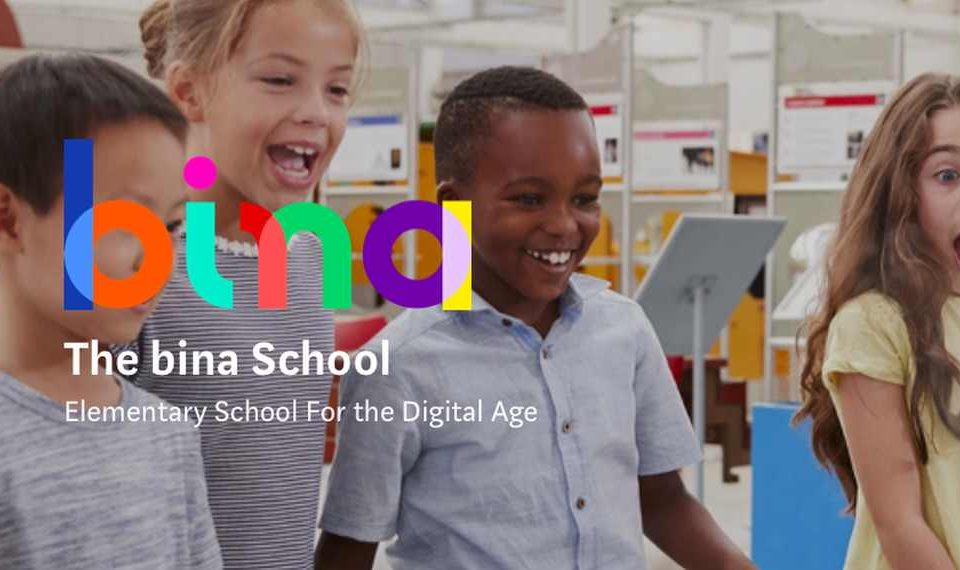German Edtech startup bina raises $1.4M in funding to offer personalized education to ages 4-12 from home

Since the pandemic began over 18 months ago, there has been an uptick in the number of teachers leaving public schools. According to the World Bank, some 40 million teachers around the world have left the sector.
Their departure has also led to a shortfall in the number of teachers available to teach the 1.5 billion primary-age children worldwide. Currently, only a few of these children have access to quality education. Nearly 58 million primary-age children are out of school, most of whom are girls. Even when children complete school, they often do so without acquiring the basic skills necessary for work and life.
This challenge also presents an opportunity for technology startups to make a difference by making online learning available to these students using the latest technology and at the same time provide job opportunities to teachers who are currently out of the public school system.
As you may recall, last week, we wrote about Class, an EdTech startup founded by Zoom’s earliest investors that provides better Zoom for schools and help millions of students and teachers with teaching and learning tools to Zoom.
However, Class is not alone. bina is a Berlin, Germany-based EdTech startup and a digital primary school ecosystem that provides customized learning at scale. bina recently raised $1.4M in funding to bring customized learning to 4- to 12-year-olds.
The round was led by Taizo Son, through Mistletoe, with participation from Jutta Steiner, Founder at Parity Technologies, the company behind Polkadot decentralized protocol, and Lord Jim Knight, ex-Minister of Education is an advisor (U.K.).
Founded in 2019 by Noam Gerstein, bina currently offers personalized education to ages 4-12 in tiny classes of no more than 8 students. The startup also offers master teachers delving into STEAM-based learning using curated 3rd party tech and a storytelling narrative.
According to the information on its website, classes and teachers are assigned into carefully matched learning groups to get the best and most enjoyable learning experience. They are building bina in two phases: The bina School operates as a comprehensive, synchronous, international primary school marketed directly to parents and HR departments.
By 2024, the team will launch the second phase: bina-as-a-service through a partnership with governments, NGOs, and school systems. They plan to offer tech-bound methodology, including teacher training and accreditation, to bypass social, economic, and geographic barriers to quality education.
This school acts as a high-quality, cost-effective development of the product and brand. bina-as-a-service offers accreditation, teacher training, and methodology, licensed globally to public and private educational systems. Once established, bina hopes precision education will cross social, economic, and geographic barriers.
For now, The bina School is currently available to English-speaking students capable of attending classes within the CET timezone.




